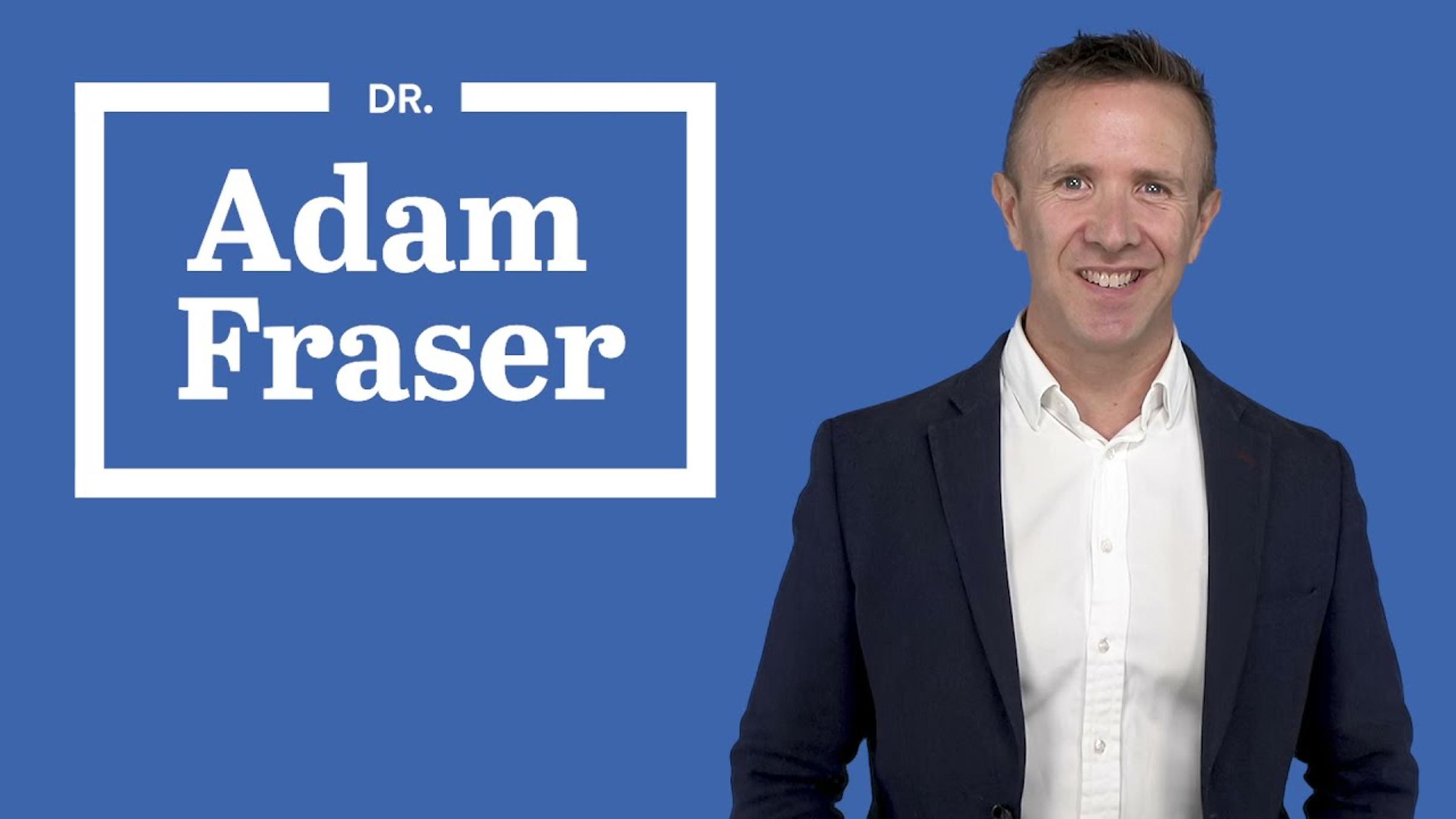Attention Management

Today we live in a world of constant busyness. Most people seem to live life at a frantic and flat-out pace. The fall out of this is it not only pushes up our an anxiety levels and reduces our quality of life but it also reduces the quality of our work and makes us less effective.
Research tells us that the average attention span of an adult is 10-40 seconds. Our attention is spread across a number of things - rather than focussed on just one thing.
Studies show that a scattered, distracted mind leads to:
• Increased anxiety levels
• Poor attention span
• Higher levels of tiredness and fatigue
• Greater chance of burn out
• Less connection with the people around you
• Reduced performance and efficiency
• Poor mental health
• Poor decision making and
• Less enjoyment from life
Research shows multi-tasking is not possible. When we think we are multi-tasking, we are actually switching our attention from one task to another, backwards and forwards. However, doing this makes us terribly inefficient because when we shift our attention from one task to another we get something called an attentional blink. This is where the brain is resetting what it is focusing on and at this point it cannot take in information or recall information. People think they are being super-efficient when they multi-task however they are being ineffective and stressing their brain.
Here are 6 strategies that neuroscientists show dramatically improves our ability to manage our attention:
Formal attention training for 5 - 15 minutes each day.
E.g. Mindfulness, Mediation etc.
Pick a task to be present with.
Whatever you are doing in your day focus on being present with each task you do.
Pick certain people to be present with.
Practice being in the moment with them.
Get a hobby that requires attention.
Practise re-focusing when your attention drifts in a day.
- Schedule in device free time.
It's more effective to dedicate 20 minutes of intentional, uninterrupted work on a task rather than trying to switch between two things at once.
Consider your students study habits and have a conversation that promotes positive attention management.
Adapted from Dr Adam Fraser.
Read more:
